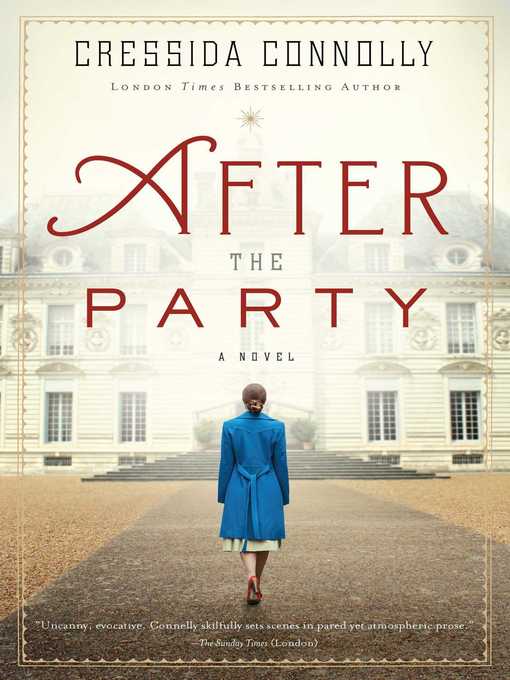
After the Party
کتاب های مرتبط
- اطلاعات
- نقد و بررسی
- دیدگاه کاربران
نقد و بررسی

March 25, 2019
Connolly (The Happiest Days) goes back to pre-WWII England in this eye-opening drama of class division and political opposition to war. In 1938, Phyllis Forrester; her husband, Hugh; and their three children, 14-year-old Julia, 12-year-old Frances, and youngest Edwin return to England after three years abroad. While they look for a home of their own, they stay with Phyllis’s sister Patricia; her husband, Greville; and their daughter and settle into the Sussex social scene. Patricia and Greville introduce Phyllis and Hugh to their aristocratic friends at dinner parties; Patricia and Phyllis’s sister Nina enlists Phyllis’s help at a local summer camp that Julia, Frances, and Edwin attend. Nina also gets Phyllis and Hugh involved in local political action, advocating for British restraint in entering into another war. Their involvement in the Party Peace Campaign results in Phyllis and Hugh’s arrest. Despite efforts by Greville to use his connections to get Phyllis and Hugh released and the fact they are not convicted of any crime, they are forced to endure difficult detainment conditions.
Phyllis desperately misses her children and hopes for a future when she can be reunited with them. Phyllis’s nuanced first-person narration is nicely juxtaposed against the fast-paced narrative. Connolly skillfully chronicles some of the little-known consequences to those opposed to Britain’s involvement in WWII, resulting in a vivid, introspective tale. Agent: Kimberly Witherspoon, InkWell Management.

April 1, 2019
British author Connolly (The Happiest Days: Short Stories; My Former Heart) has written a richly detailed novel, alternating between the 1930s and 1979, about three upper-class British sisters and their intricate family dynamics. Phyllis, the main character, is well-meaning but easily led. Like many British citizens, she, her friends, and her family are scarred by World War I and determined to avoid another conflict. Convinced that the British Union of Fascists, headed by Oswald Mosley, will help Britain avoid being drawn into another war and excited about finding purpose and recognition, she seems unable to recognize the anti-Semitism at its core. She and her sisters embrace the movement, but only Phyllis ends up paying a price. Her time in jail and subsequent, very civilized imprisonment on the Isle of Man are vividly portrayed. Historical fiction set during World War II is quite popular, but this dark side of prewar Britain has been overlooked. VERDICT Readers of Pat Barker and Penelope Fitzgerald should enjoy the complex, flawed characters and carefully researched period details, although they may wish that the mature Phyllis, as she looks back, could have gained more insight about the fascists she so admired.--Elizabeth Safford, Boxford Town Lib., MA
Copyright 2019 Library Journal, LLC Used with permission.

























دیدگاه کاربران